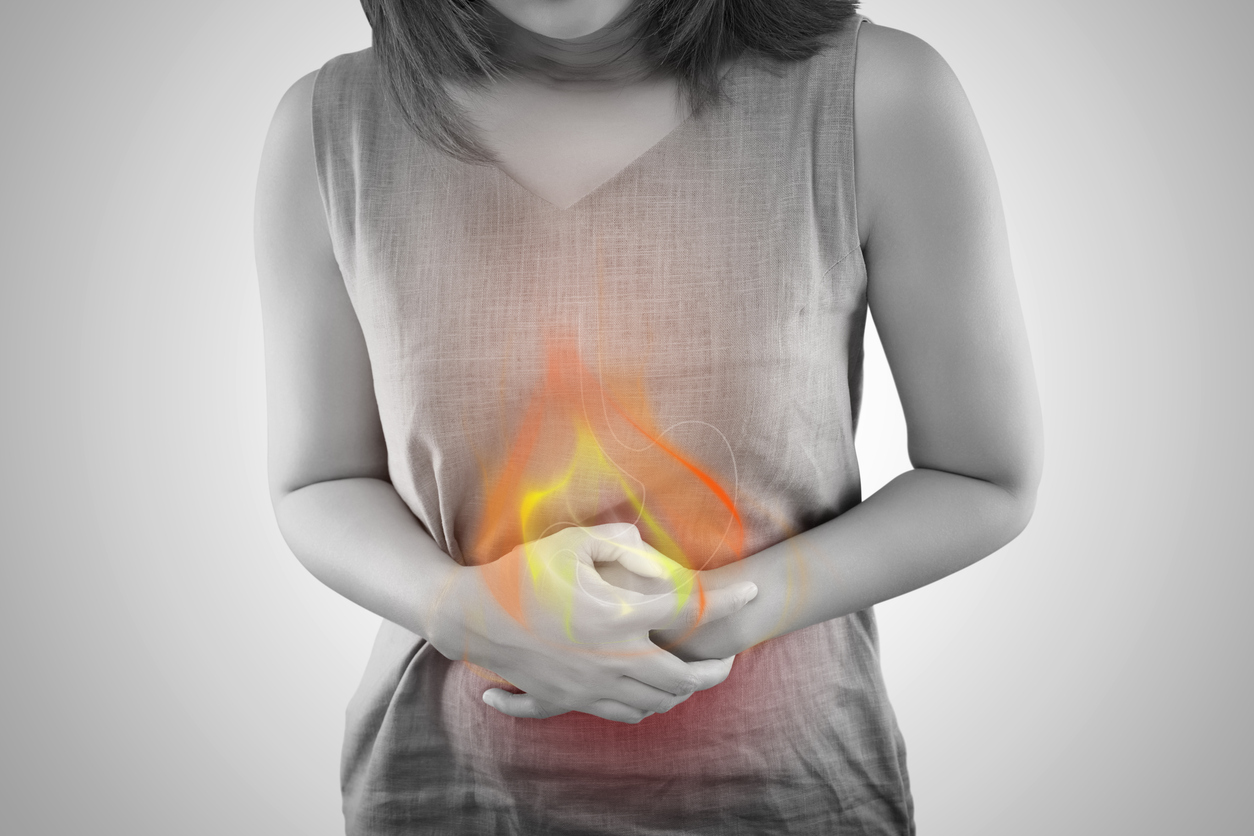The honest truth is that a woman’s fertility diminishes with her age and in the case of women with PCOS that can happen even earlier. The best time for you to get pregnant as someone with PCOS is within your 30s.
Understanding PCOS and Its Impact on Fertility
As mentioned before PCOS can affect your fertility in many ways but ovulation issues are the primary cause of infertility for PCOS women. PCOS increases the testosterone levels in your body which can hinder ovulation. Even if PCOS women do ovulate the hormonal imbalance may prevent the lining of their uterus from developing those eggs properly and lead to maturation. Also irregular menstrual cycles caused by PCOS can hinder pregnancy.
Factors to Consider for Women Who Want to Get Pregnant
To improve your chances of conceiving naturally, it is important to know some factors that can affect your chances of conceiving.
Age and Fertility
Age is the most important factor that affects a woman’s fertility, you can boost your fertility with a proper diet and a healthy lifestyle but your age will always have an upper hand. When women are in their 20s they have a 25%-30% chances of getting pregnant every month. By the time you reach your 30s these chances start decreasing and by the time you are 40 the chance of getting pregnant decreases to 5% and the risk of pregnancy complications like miscarriages increases. There are other complications like gestational diabetes, placenta previa, cesarean section and stillbirth, which are also very common. Pregnancies that do happen in the later stages of a woman’s life also have chances of cesarean section and stillbirth.
Healthy Body Weight
Underweight women who have a BMI of less than 19 have higher chances of experiencing infertility due ovulation dysfunction. Underweight women are also more likely to experience miscarriages due to hormonal imbalance. Obese women with PCOS on the other hand might face many diseases like type 2 diabetes, breathing difficulties during sleep (apnea), certain types of cancers (breast and uterine), osteoarthritis, infertility, heart diseases and miscarriage. Obesity can also hinder the process of IVF or increase chances of implantation failure. IVF success rates have been reported to be as much as 33% less for obese women and many programs do not offer IVF services to women with a BMI over 40 due to the very low probability of a successful pregnancy. And even if obese women do get pregnant they are likely to experience birth trauma, anesthesia-related problems and poor wound healing.
Diet and Lifestyle
Diet plays a very important role in your well being and increases your chances of getting pregnant as a woman with PCOS. Even as a pregnant woman diet is the most important thing because it supplies the nutrition your baby needs to develop and grow. It is normal for pregnant women to gain weight as they have to eat for two but keeping a check on the weight is important for a healthy delivery.
A well balanced diet for someone who is willing to get pregnant should involve drinking plenty of water, wholegrains and cereals, vegetables and legumes/beans, lean meats and poultry, fish, eggs, tofu, nuts and seeds as well as legumes/beans, dairy foods including mostly reduced fat milk, cheese and yogurt and fruits. Your gynecologist might also advise you to take folate, iron, iodine and vitamin D. In the case of a woman who is already pregnant there are some minor changes in the diet as pregnancy can also cause changes in a mother’s tastes, and foods once found appealing can take on a completely different flavor.
Age Range for Optimal Fertility
Various surveys have proven that the best age for women with PCOS to get pregnant naturally is between 20-30. Post that period they will either face complications, have to seek assistance for pregnancy or have to face postpartum complications.
Medical Intervention for Infertility
Medicines
Medications that are generally provided to women with fertility issues as followed:
- clomifene – this medication encourages the ovulation in women who do not ovulate regularly or cannot ovulate at all
- tamoxifen – this is an alternative medicine to clomifene that may be offered if you have ovulation problems
- metformin – is particularly beneficial for women who have polycystic ovary syndrome (PCOS)
- gonadotropins – this medicine promotes ovulation in women, and may also improve fertility in men
- gonadotropin-releasing hormone and dopamine agonists – other types of medicine prescribed to encourage ovulation in women
It is important to note that the above mentioned medicines are a generic listing of medications that are provided to a larger number of patients but not all. Some of these medicines may cause side effects, such as nausea, vomiting, headaches and hot flashes.
And many of these might not suit you individually so always consult your doctor before considering this and do not create an impression of these medicines before your diagnosis.
How To Boost Your Fertility Naturally
1. Diet
Eat fresh fruits and vegetables and avoid packages or reheated food. If you are a non-vegetarian eat grass-fed meat and eggs and good fats. Also eat nuts, seeds, coconut oil and olive oil, and wholegrains like quinoa, brown rice and buckwheat.
2. Take care of your gut
PCOS also causes poor gut health which in turn is responsible for nutrient deficiencies, mineral imbalance, poor ability to detoxify and increased inflammation in the body. Bad gut health can also give rise to autoimmune problems which can directly affect your fertility.
3. Hydration
Increase your water intake if you are planning to get pregnant soon. Water helps in flushing out all the toxins from your body.
4. QUIT bad habits
Quit smoking and drinking and getting exposed to harmful fumes and chemicals.
5. Take a good quality prenatal vitamin
Supplements pay a vital role in pre natal care. Talk to your natural fertility practitioner about which supplement would best suit your needs.
6. Get enough sleep
Sleep really is vital to fertility, having adequate melatonin levels aid the production of healthy hormones. Studies have shown that women with low melatonin and serotonin levels have a shorter luteal phase, this is the time between ovulation and menstruation.
7. Exercise
Keeping yourself active through exercise will benefit you by reducing stress and maintaining a healthy body weight. However, too much intense exercise can have a negative effect on the body’s ability to ovulate.
8. Reduce stress
Incorporating activities like meditation, yoga, walking, journaling and acupuncture into your routine will improve how you deal with stress. And eliminating things like working late, too much social media and overcommitting will reduce the stress you have to deal with.
Get Tested and Speak With a Professional
If you are planning to start a family soon the first thing you need to do is get your fertility tests done to determine if you have infertility issues or not. You can take this infertility quiz by Veera to determine your issues and get a consultation with our experts https://veerahealth.com/infertility-tool/?utm_source=Direct .
Learn More With Veera
There are plenty of treatment options that can address your specific concerns. The PCOS experts present at Veera always treats every patient individually keeping their conditions in mind. We believe there is no one answer to infertility and we will leave no stones unturned to reach the solution.


















